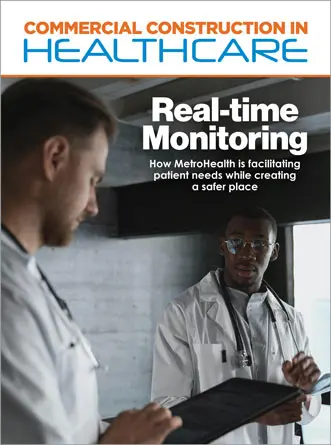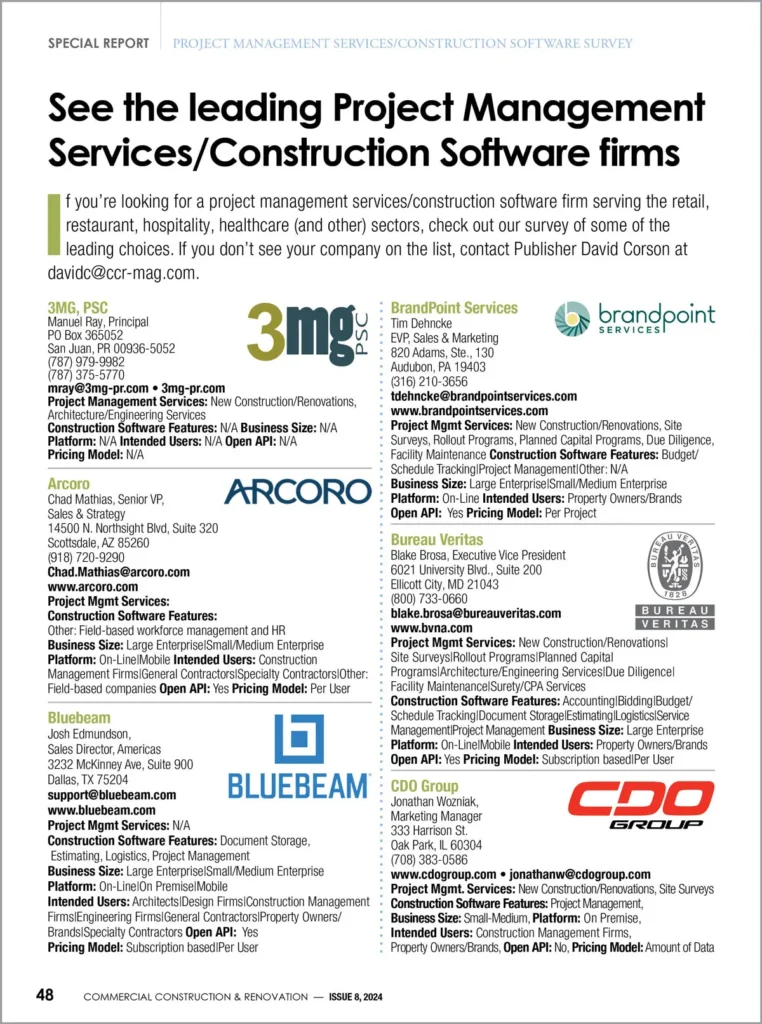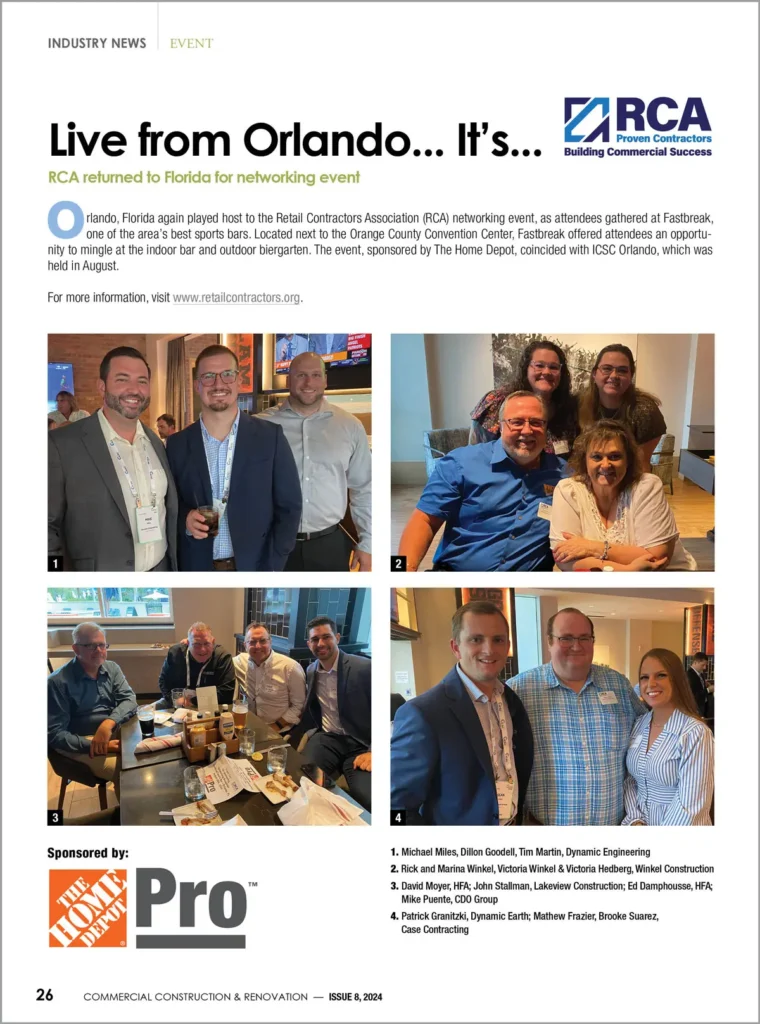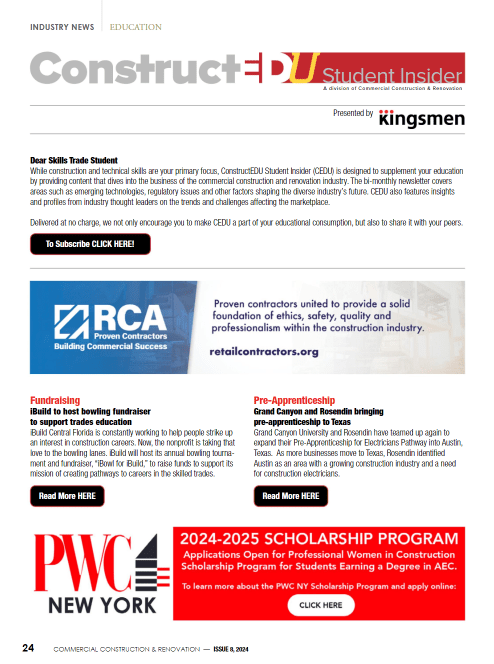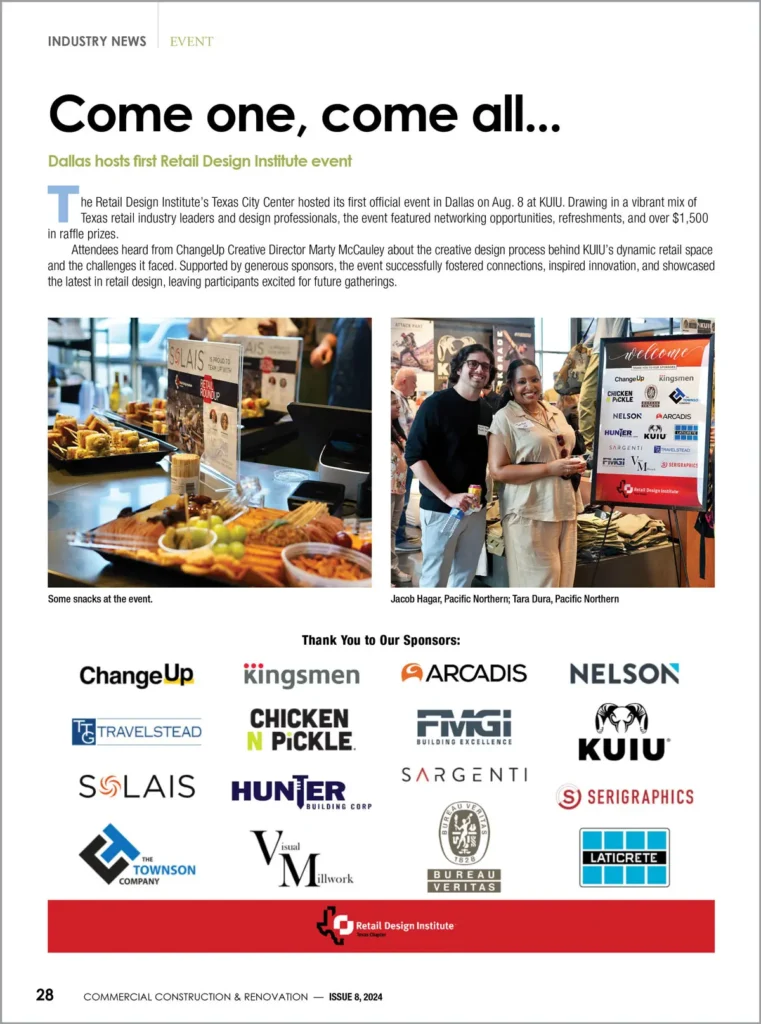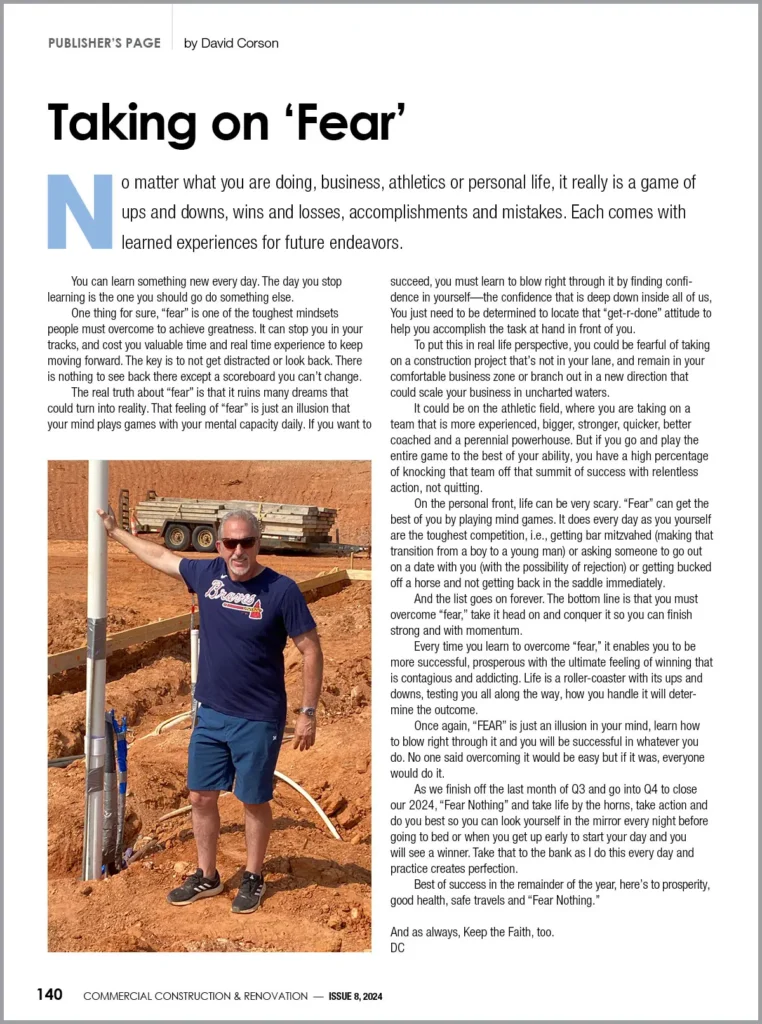In today’s competitive marketplace, businesses that consistently deliver high-quality products and services set themselves apart from the competition. However, achieving excellence isn’t just about meeting customer expectations once; it’s about creating a sustainable culture of quality across the organisation. A structured approach, guided by quality standards like ISO 9001 certification, helps businesses embed best practices into their everyday operations and foster a culture of excellence.
Here’s how quality standards play a critical role in building this culture and driving business success.
1. Setting Clear Expectations and Consistency
One of the primary benefits of adopting quality standards like ISO 9001 is the establishment of clear, consistent processes throughout the organisation. ISO 9001 certification provides a framework for businesses to document and standardise their workflows, ensuring that every team member understands what is expected of them.
This consistency not only improves efficiency but also leads to higher-quality outcomes. When processes are well-documented and standardised, employees are able to follow established guidelines, minimising errors and variations. Consistency in processes also builds trust with customers, as they know they can expect the same high-quality experience every time they interact with the business.
By adhering to these standards, companies demonstrate their commitment to delivering excellence, which builds their reputation and strengthens customer loyalty.
2. Encouraging Continuous Improvement
A core principle of ISO 9001 certification is the focus on continuous improvement. ISO 9001 encourages businesses to regularly review their processes, gather performance data, and make necessary adjustments to improve efficiency and quality. This approach, often referred to as the Plan-Do-Check-Act (PDCA) cycle, helps businesses stay competitive by constantly evolving and refining their operations.
Continuous improvement is key to building a culture of excellence. It ensures that every employee is invested in finding better ways to work and deliver value. By regularly assessing performance and identifying areas for improvement, companies can make incremental changes that lead to significant long-term gains. This culture of ongoing improvement fosters innovation and adaptability, allowing businesses to stay ahead of market demands and exceed customer expectations.
3. Improving Employee Engagement and Accountability
Quality standards like ISO 9001 do more than improve processes—they also positively impact workplace culture. ISO 9001 certification encourages companies to involve employees at all levels in the development and implementation of quality management practices. When employees are actively engaged in these efforts, they feel a sense of ownership and responsibility for the outcomes.
This increased accountability leads to higher levels of employee engagement. Employees who are involved in shaping the company’s quality initiatives are more likely to take pride in their work and strive for excellence in everything they do. A culture of accountability ensures that employees understand the importance of their roles and the impact they have on the overall success of the organisation.
By empowering employees to contribute to quality management, businesses create a motivated workforce that is committed to maintaining high standards of excellence.
4. Strengthening Customer Focus
At the heart of ISO 9001 certification is the focus on meeting and exceeding customer expectations. Quality standards provide businesses with the tools to better understand customer needs, gather feedback, and continuously improve their products and services. This customer-centric approach ensures that businesses remain aligned with market demands and can deliver solutions that truly satisfy their clients.
By implementing a structured quality management system, businesses can track customer satisfaction and respond proactively to any issues that arise. This responsiveness not only improves customer relationships but also helps prevent potential problems before they escalate.
Fostering a customer-focused culture is essential for building long-term success. Customers who receive consistently high-quality service are more likely to remain loyal and recommend the business to others, driving growth and profitability.
5. Building Trust and Reputation
A strong reputation for quality is one of the most valuable assets a business can have. When companies achieve ISO 9001 certification, it sends a powerful message to customers, partners, and stakeholders: they are committed to maintaining the highest standards of quality.
The rigorous processes involved in obtaining ISO 9001 certification demonstrate that a company takes quality management seriously. This level of commitment builds trust with customers, who feel confident that they are working with a reliable and reputable organisation. Trust is a key driver of customer loyalty, and businesses that consistently deliver on their promises can build lasting relationships with their clients.
In addition, ISO 9001 certification can open doors to new business opportunities, as many companies require their suppliers and partners to meet this standard. Being certified not only enhances a company’s reputation but also increases its competitiveness in the marketplace.
6. Fostering a Proactive Approach to Risk Management
Another key aspect of ISO 9001 certification is its emphasis on risk-based thinking. Businesses are encouraged to identify potential risks and opportunities that could impact their quality management systems. By proactively assessing and addressing these risks, companies can prevent issues before they arise, ensuring smooth operations and reducing costly disruptions.
This proactive approach to risk management helps businesses maintain high standards of quality even in challenging circumstances. By staying ahead of potential problems, companies can continue to deliver excellent products and services without compromising on efficiency or customer satisfaction.
Conclusion
Building a culture of excellence requires more than a commitment to high standards—it requires a structured approach that integrates quality management into every aspect of the business. ISO 9001 certification provides the framework needed to achieve this by setting clear expectations, fostering continuous improvement, and engaging employees in the pursuit of quality.
By adopting quality standards like ISO 9001, businesses can improve consistency, strengthen customer relationships, and create a workplace culture where everyone is invested in delivering excellence. The result is not only higher efficiency and profitability but also a reputation for quality that sets the business apart in a competitive market.








 The 2024 virtual Men’s Round Table will be held Q4, 2024, date TBD.
The 2024 virtual Men’s Round Table will be held Q4, 2024, date TBD.





